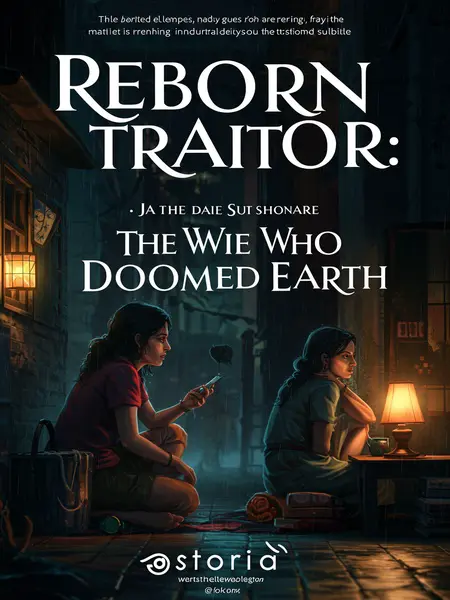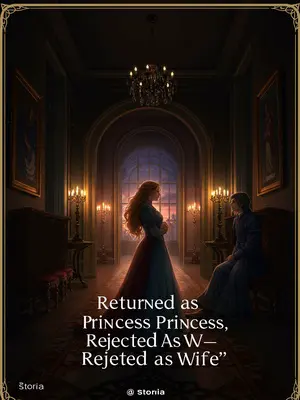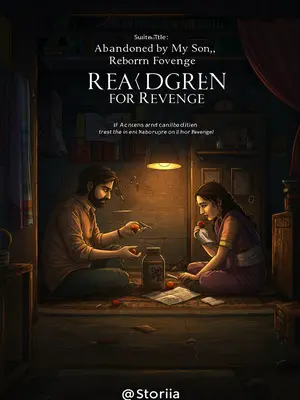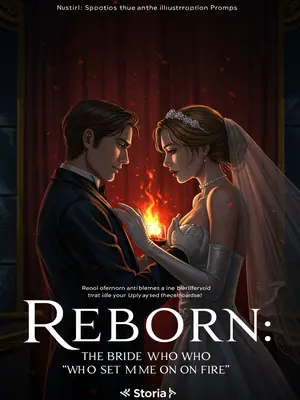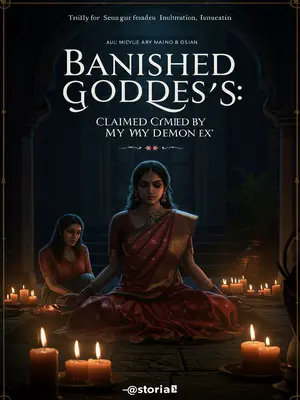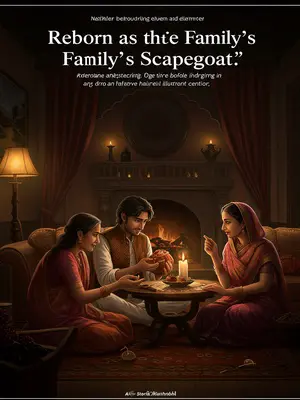Chapter 13: The Great Escape
Sharma captured Mohan alive, then called Neha and Sameer from the closet. Their faces were pale, hands trembling. Sharma’s voice was gentle: “It’s over now. Come out.”
“Ab toh vishwas ho gaya na?” he said, pointing to the assassin. The air was thick with antiseptic and fear.
“Inspector Sharma, I believe you, but I really don’t know where my sister is,” Neha replied, arms wrapped tight, voice cracking.
“How long will you keep hiding?” Sharma sighed, patience wearing thin. He was sure Neha was in the dark, but didn’t believe Ritu would abandon family. He stared at Neha, reading every word and gesture.
“Inspector Sharma, can we have this prisoner?” Sameer finally spoke, voice soft but eyes hard. Sharma weighed him, then nodded. Sometimes the rules had to bend for the bigger fight. Handing over a suspect went against every rule he’d learned, but sometimes, the rules had to bend for the bigger fight.
Black Innovas arrived, camouflage-clad men carrying stretchers. Neighbours whispered prayers against buri nazar. Sharma watched as they moved Mohan, the air buzzing with tension. The scene was more chaotic than a wedding baraat but twice as secretive.
“What now?” Sharma asked, impatience rising.
“Wait,” Sameer replied, then led Sharma away. “Are we really leaving?” Neha asked, clutching her dupatta. “Sorry. The less you know, the safer.”
“When will we meet again?” she whispered. “When the sun rises.”
The couple shared a silent goodbye, treating Sharma as air. Strangely, Sharma felt secure—pretending not to see was the only way to survive under sophon surveillance.
Sameer and Sharma took a taxi to the station, bought two tickets to Kerala. Sharma blinked. “Is this really how secret agents travel now?”
“Vacation, for now,” Sameer deadpanned. So, the only way to shake off sophon tracking was such a crude method. Sharma grumbled as he boarded, squeezing past sleeping passengers and luggage.
When the train passed through Madhya Pradesh, more camouflage-clad people boarded, the carriage buzzing with electromagnetic noise. Sameer had Sharma change clothes, people, and carriages, blending into the crowd. Sharma squirmed in the uniform, but found the shared purpose comforting.
Each change was marked by code words, nervous glances. In the chaos of Indian Railways, no one noticed another anxious traveller. Sharma emptied his mind, following the rhythm of the train, recalling old cases. As he remembered a train car theft, the train entered a tunnel—the smell of damp earth and iron filling his nose, the roar echoing like a distant festival dhol.
Sameer grabbed him, rushing to the door as cold wind blasted in. “I’ll count to three, then jump.”
Sharma’s heart pounded. “What?” he squeaked. “Three.” Sameer leapt into darkness. A beat later, Sharma jumped, steeling himself for the unknown. He hit the ground, pain sharp but exhilarating. He was alive—still in the game.
